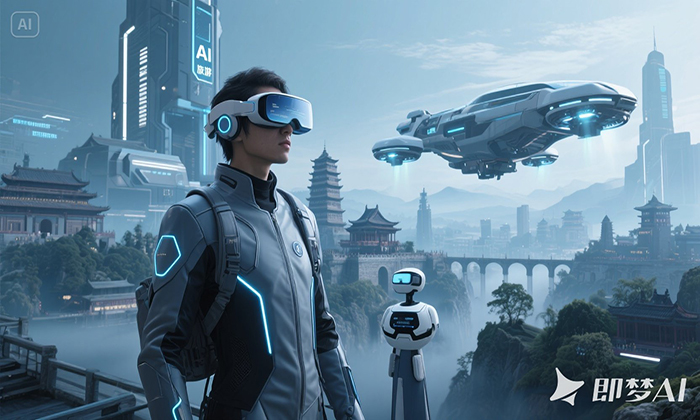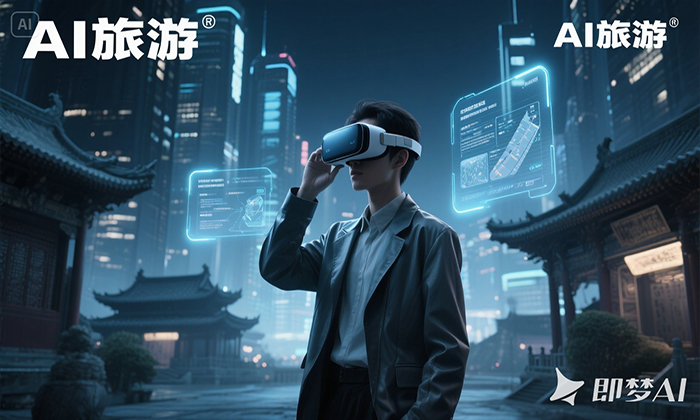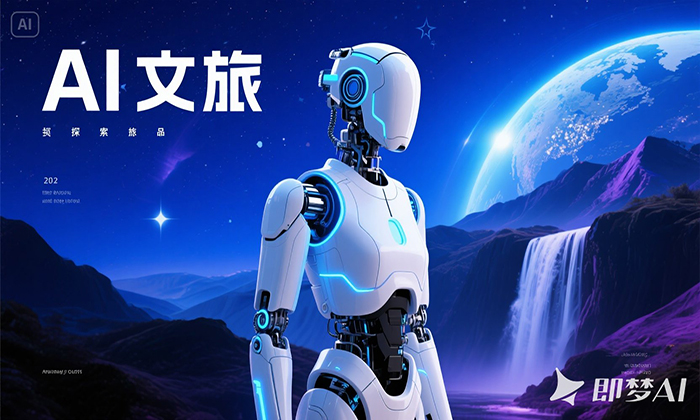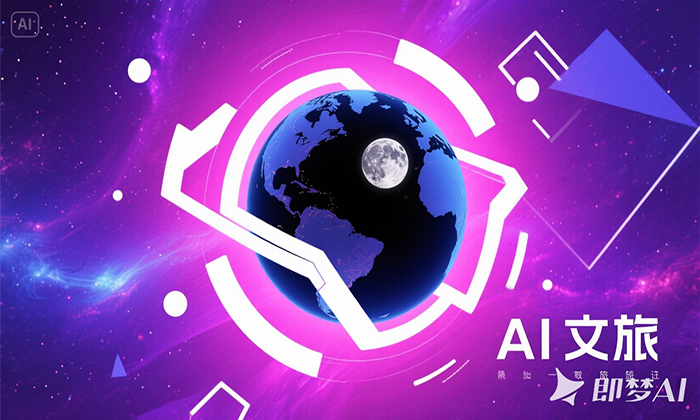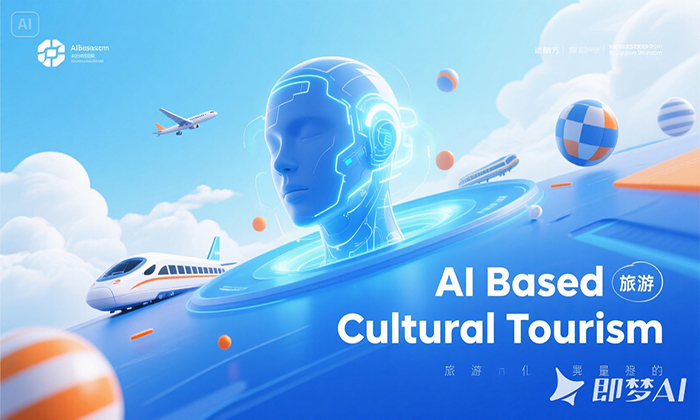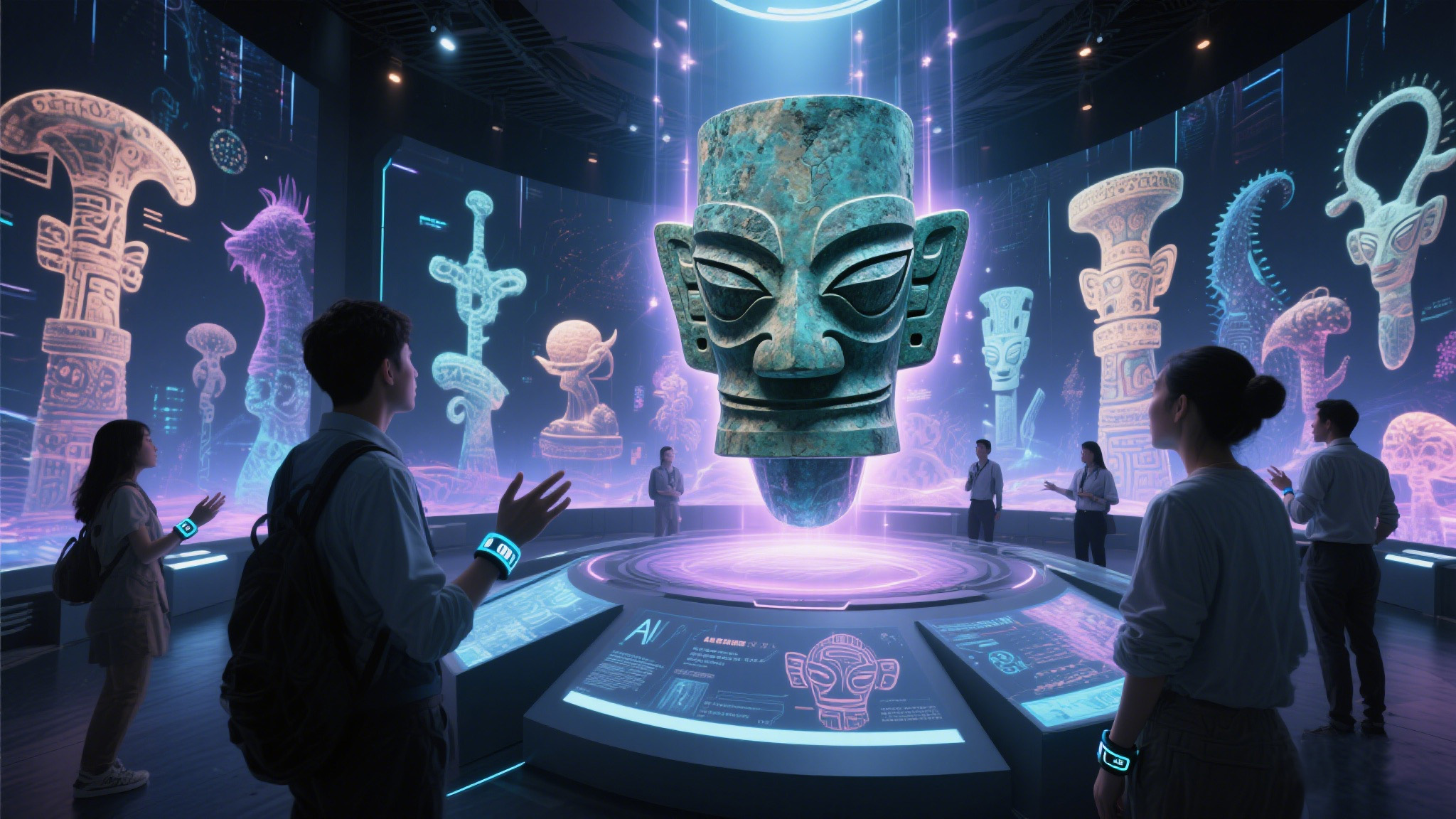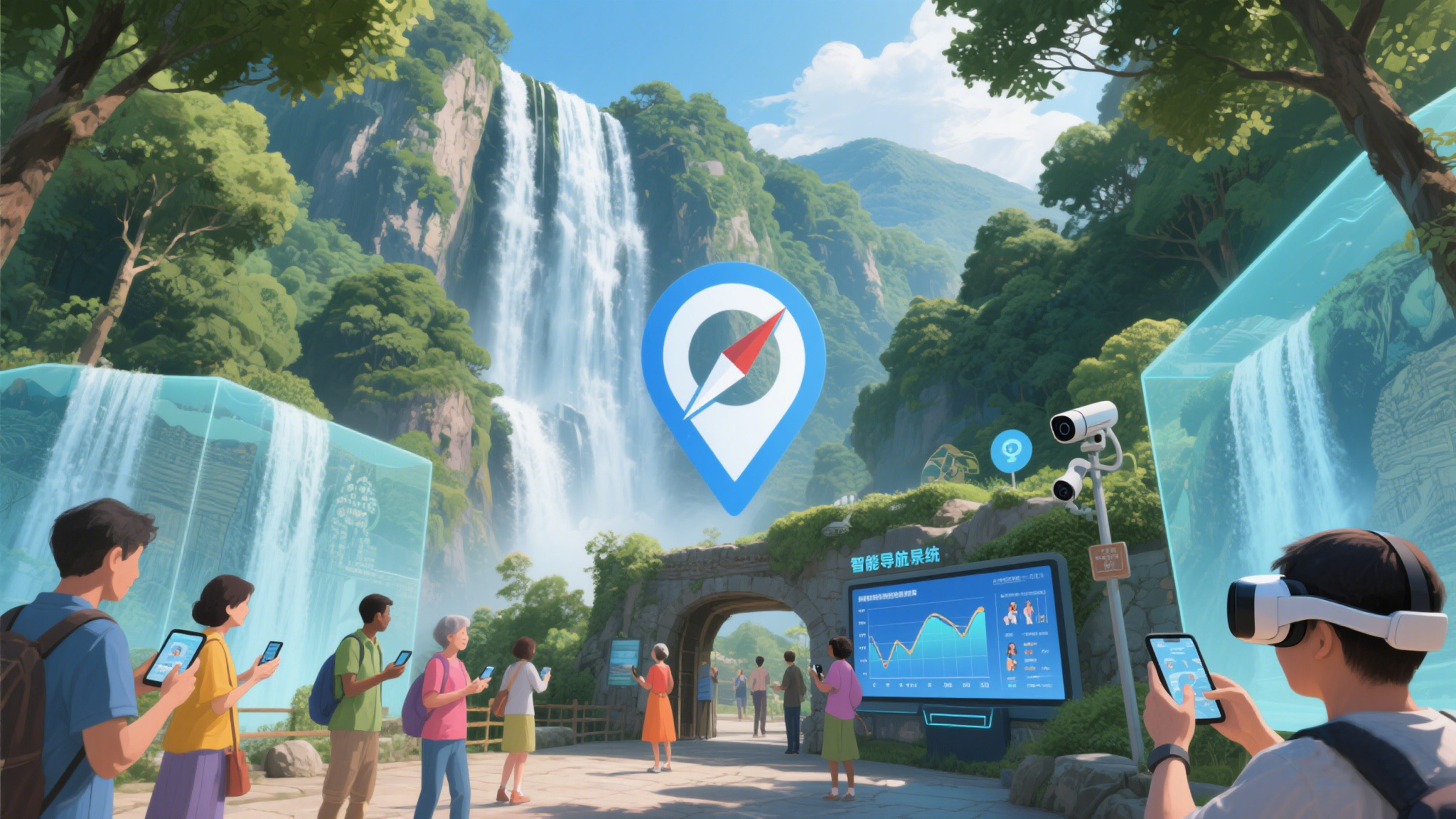AI in Culture and Tourism: Revolutionizing Travel Experiences with Advanced Technology
The intersection of artificial intelligence and tourism is creating a new era of immersive and personalized travel experiences. AI culture and tourism is rapidly evolving, leveraging advanced AI technology to enhance how people explore destinations, engage with history, and interact with digital content. From digital tourist attractions that use AI-powered guides to digital IP incubation that transforms cultural heritage into interactive experiences, AI is reshaping the way we travel. This article explores the latest innovations, including scenario-based AI solutions, companion AI agents, and one-stop AI agent solutions, that are making tourism smarter, more engaging, and accessible to all.
The Rise of Digital Tourist Attractions
One of the most exciting developments in AI-driven tourism is the emergence of digital tourist attractions. These locations use AI to create interactive and adaptive experiences for visitors. For example, museums now employ AI-powered virtual guides that provide real-time information, answer questions, and even tailor explanations based on a visitor’s interests. Augmented reality and virtual reality technologies further enhance these experiences, allowing tourists to "step into" historical events or explore ancient ruins in a fully immersive way.
AI also plays a crucial role in crowd management and personalized recommendations. Smart ticketing systems analyze visitor flow and suggest optimal tour routes, reducing wait times and improving overall satisfaction. By integrating AI with big data, attractions can predict peak visiting hours and adjust staffing accordingly, ensuring a seamless experience for guests.
Scenario-Based AI Solutions for Enhanced Travel Experiences
Another groundbreaking application is scenario-based AI solutions, which create dynamic, interactive narratives for travelers. Imagine visiting a historic castle where an AI-driven app generates a personalized adventure based on your preferences—perhaps a mystery-solving quest or a guided tour from the perspective of a historical figure. These AI-powered experiences make learning about culture and history more engaging, especially for younger audiences who might otherwise find traditional tours less appealing.
Theme parks and heritage sites are also adopting AI to craft adaptive storytelling experiences. For instance, an AI system could adjust the storyline of a guided tour based on real-time visitor reactions, ensuring maximum engagement. This level of personalization not only enhances enjoyment but also deepens cultural understanding by making history feel alive and relevant.
Digital IP Incubation: AI’s Role in Cultural Preservation and Innovation
Beyond physical tourism, AI is revolutionizing how cultural content is created and monetized through digital IP incubation. This process involves using AI to generate, manage, and market intellectual properties—such as virtual influencers, digital art, and AI-generated historical figures—that promote tourism in innovative ways. For example, a city could create an AI-powered digital ambassador that interacts with potential visitors on social media, offering travel tips and highlighting local attractions.
AI also aids in preserving endangered cultural heritage. Machine learning algorithms can restore ancient texts, reconstruct damaged artifacts digitally, and even simulate lost languages. By digitizing these elements, AI ensures that future generations can experience cultures that might otherwise fade into obscurity.
AI in Hospitality: Smart Hotels and Companion AI Agents
The hospitality industry is embracing AI to provide seamless and personalized guest experiences. Companion AI agents are becoming a staple in luxury hotels, acting as virtual concierges that handle everything from room service requests to local activity recommendations. These AI assistants can communicate in multiple languages, making international travel more accessible.
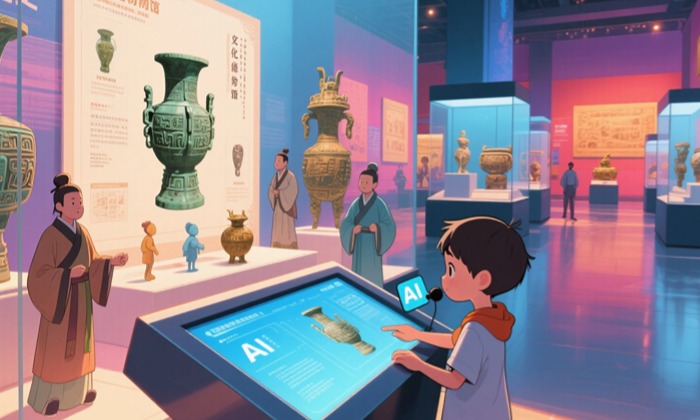
Some hotels are even experimenting with one-stop AI agent solutions, where a single AI platform manages bookings, check-ins, and guest services. By analyzing past stays and preferences, these systems can anticipate needs—such as suggesting a favorite meal or adjusting room temperature automatically—creating a truly customized stay.
AI’s Influence on Family and Educational Tourism
AI is also transforming family travel by integrating AI education tools into tourism. Museums and theme parks now feature educational AI toys that engage children with interactive quizzes, scavenger hunts, and storytelling games. These tools make learning fun while helping kids retain historical and cultural knowledge.
Additionally, family educational AI assistants can recommend child-friendly attractions, plan educational itineraries, and even provide language translation in real time. This ensures that family trips are not only enjoyable but also enriching, blending leisure with learning seamlessly.
The Future of AI in Culture and Tourism
As AI continues to evolve, its applications in tourism will expand even further. We can expect more AI application scenarios, such as holographic tour guides, emotion-sensing AI that adjusts experiences based on visitor moods, and blockchain-integrated AI for secure digital souvenirs. The rise of IP agent solutions will also enable destinations to create unique, branded AI characters that enhance marketing and visitor engagement.
In conclusion, AI culture and tourism is revolutionizing travel by making it more interactive, personalized, and accessible. From digital tourist attractions and scenario-based AI solutions to companion AI agents and digital IP incubation, AI is setting a new standard for how we explore the world. As advanced AI technology continues to develop, the future of tourism promises to be more immersive, educational, and unforgettable than ever before.







